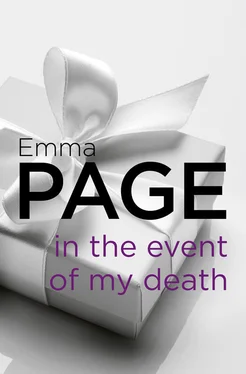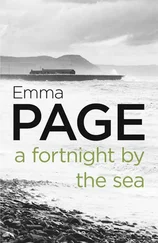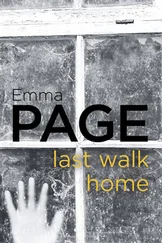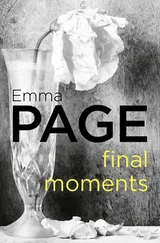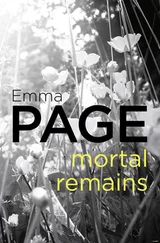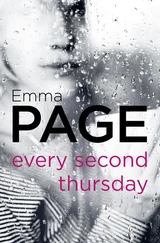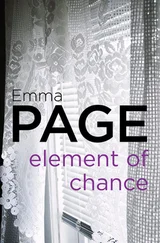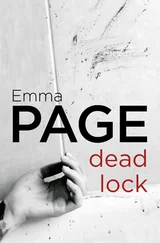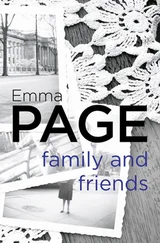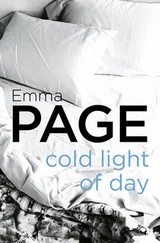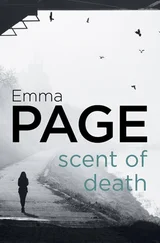A business acquaintance came up, calling out a friendly greeting. Matthew at once switched on his cheerful smile, his look of lively interest, his genial, on-top-of-the-world manner.
CHAPTER 3
It was easy to imagine Nina Dalton as a fashion model, with her tall, willowy figure, fine-boned face, honey-coloured skin and large, expressive eyes of a clear golden amber. Her wealth of pale blonde hair, full of natural waves and curls, was taken up on top of her head, displaying the graceful line of her neck.
She had worked for charity in one capacity or another, paid or voluntary, since the day she had left secretarial college. She wasn’t a native of Brentworth but came from a small town some distance away. It was when she was on the payroll of a national charitable organization that she had first met Matthew Dalton; she had called on him in the course of a fundraising campaign directed largely at businessmen.
She had walked in through the door of his office at a crucial moment in Matthew’s life. He had just managed to break away from a long entanglement with an older woman, a divorcée, good-looking and sophisticated, with more than one string to her bow. Matthew had finally realized the relationship was leading nowhere, it was time his bachelor days were done; what he needed now was a conventional marriage, settled and supportive. He married Nina three months after she walked into his office.
She had spent the latter part of Friday morning dealing swiftly and competently with the affairs of a small local charity set up a hundred and fifty years ago for the benefit of retired governesses by a wealthy widow who had herself been a governess before her marriage. The endowment, so munificent seeming in its day, was now greatly eroded and governesses were a dying breed. These days, the charity’s business required only an hour or two of Nina’s time on alternate Friday mornings. For this purpose she was allowed a corner in the Brentworth office of a national charity for the welfare of the elderly: Friends of the Third Age. Any mail that arrived for her was always put aside unopened against her next visit.
On Friday afternoon, Nina gave her time to the Cannonbridge hospice appeal, taking her seat at a desk in one of the rooms behind a thrift shop in a side street; the shop had offered free use of the room for the duration of the appeal.
The bulk of essential money had now been raised and building work was due to start on the hospice site at the end of February. A well-known television entertainer, a dedicated supporter of the hospice movement, had promised to lay the foundation stone a month later. But there could be no slackening in the fundraising. Money would be needed for the upkeep and running of the hospice, for the many extras, improvements and refinements that would be looked for along the way.
Nina spent the first part of her stint sketching out yet another publicity campaign; publicity was one of her fortes. She was still busy with minor matters at the end of the afternoon when the other voluntary workers had gone. The phone rang on her desk: James Milroy, acquainting her with the outcome of the buffet lunch. As he had predicted, she was delighted with the figures.
‘Wonderful weather we’re having just now,’ James went on to remark. ‘I imagine you’ll be thinking about opening up the cottage any day now.’
‘I imagine I will,’ she agreed. The cottage stood in beautiful countryside, the best part of two miles from the nearest village, in a spot roughly equidistant from Brentworth and Cannonbridge. It had belonged to the Dalton family for a great many years and currently formed part of the trust property. James and Esther had spent weekends there in the early days of their marriage and Esther had made regular use of it later, when the boys were small; she still retained a key. The cottage was now used chiefly by Matthew and Nina. Nina had devoted considerable time and effort to having it extended and modernized, the furnishings and decorations renewed, the garden set to rights. Esther made little use of her key these days. She would sometimes drive over there when she felt particularly low, wandering round the garden in a fruitless nostalgic attempt to recapture the happiness of the first years of her marriage when her days were full and satisfying, without the need to go searching for activities to fill them.
‘I might take a run over there myself, one day next week, if the weather holds,’ James continued, his voice light and easy.
‘Might you, indeed?’ Nina returned, equally lightly. In theory, James and Esther were as free to use the cottage as Matthew and Nina, but in practice Matthew and Nina would seem to have taken over the property completely.
‘Maybe I’ll see you there,’ James added.
‘I rather doubt it.’ Her tone was friendly, touched with amusement, but with a hint of underlying granite; she kept from her voice any lingering echo of old sentiment. She had known James before she met Matthew, she had encountered him in the same way, through her fundraising activities. If James had not been a married man with two young sons, a man still moving up the ladder, careful not to blot his copybook in any way, Nina would in all probability at this moment have been Mrs James Milroy instead of Mrs Matthew Dalton.
Nina glanced round at the sound of the door opening. A woman came into the room, a voluntary worker with a problem to be solved. Nina brought the conversation with James to a rapid conclusion.
Shortly after the woman left, Nina had another caller: a publican with a handsome cheque from various fundraising activities organized among his customers. Nina thanked him warmly and wrote him out an official receipt. His eyes rested on the elegant gold pen she used, an engraved inscription discernible along the barrel; he made an admiring comment. Nina smiled and held out the pen for him to read the inscription. The pen had been presented to her a few years ago after she had worked night and day to raise money for a local day centre, threatened with closure, for handicapped and disabled youngsters. The pen hadn’t been bought out of the money raised for the centre but by a private whip-round the youngsters’ parents had made among themselves, in appreciation of Nina’s prodigious – and wholly successful – efforts.
After the publican had departed, Nina rang Matthew, as she always did, to ask what his plans were for the evening, what he wanted her to do about a meal. He told her he’d be staying on at his office again, he’d be home around eight.
‘That’ll be fine,’ she assured him. She didn’t stay chatting, she knew how busy he was these days. She could now work on at her desk a little longer, there were still matters to attend to. She made a number of phone calls, checking and finalizing arrangements for a sponsored half marathon to be run shortly by older pupils from local schools. Then she sat considering the merits of making another round of all the business premises in town, deciding at length in favour of it. It could be carried out this time by a team of pretty girls; that would surely bring in a worthwhile sum. She could get Verity Thorburn to round up a decorative bunch from among her fellow students.
Verity was a connection of Nina’s by marriage, a great niece of Nina’s father-in-law, Bernard Dalton. Over the years, Bernard had gathered more than one stray chick under his wing. As an orphan and a relative, Verity had had a double claim to his protection. She was at present taking a course at the Brentworth College of Further Education. She was always ready to assist Nina, always willing to do what she could for the hospice appeal.
Nina looked at her watch. Too early to ring Verity now, she would still be at the college; she had a late class on Fridays. She would ring her at her flat later this evening.
Читать дальше
